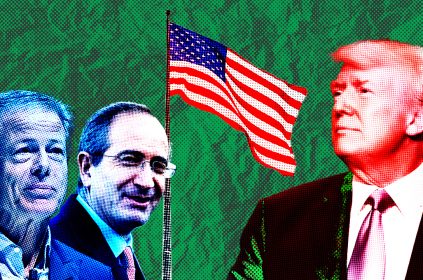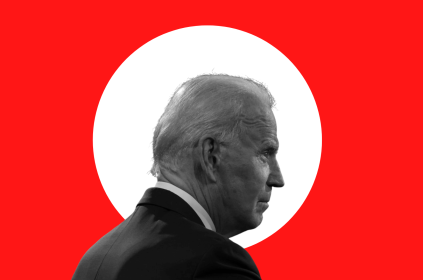On Monday, Taiwan’s defense ministry reported one of the largest incursions by Chinese air force planes into their airspace. The BBC reported that 71 Chinese aircraft had entered Taiwan’s air defense identification zone and 43 crossed the median line between the countries in the South China Sea. This is Beijing’s second large-scale incursion of 2022, following the first in August when it was angered by then-Speaker of the House Nancy Pelosi visiting Taiwan for the first time in 25 years.
This incident further highlights an ongoing dispute between Beijing and Taipei as to whether Taiwan is a sovereign state. According to international law, states are recognized as having independent sovereignty if they maintain effective control over their territory and population and have diplomatic relations with other states. By this definition, Taiwan can be seen as an independent state since it has maintained effective control over its territory and population since 1949 and has numerous diplomatic relations with other states around the world. However, Beijing continues to claim political ownership of Taiwan despite its de facto independence, making any official recognition of Taiwanese sovereignty highly contentious.
The recent military incursion is a clear sign that Beijing is becoming increasingly aggressive towards Taiwan in response to what it sees as provocations from Taipei or foreign powers such as the United States. The first large-scale incursion occurred shortly after Speaker Pelosi visited Taiwan in August 2020 followed by increased arms sales from Washington D.C., which further infuriated Beijing. In addition to these activities, some analysts have argued that China’s recent actions could also be part of a larger strategy designed to intimidate Taipei into accepting Beijing’s view on politics rather than military action against them directly.
China’s recent aggression towards Taiwan is deeply concerning and shows no signs of abating anytime soon. It remains to be seen how far China will go in terms of military action against the island nation but it appears clear that Beijing will not recognize any claims of Taiwanese sovereignty until it receives assurances from both Taipei and foreign actors such as Washington D.C.. In light of these events, it is more important than ever for governments around the world to remain vigilant about China’s actions in order to prevent further escalations into a full-blown conflict between two states seeking international recognition.















